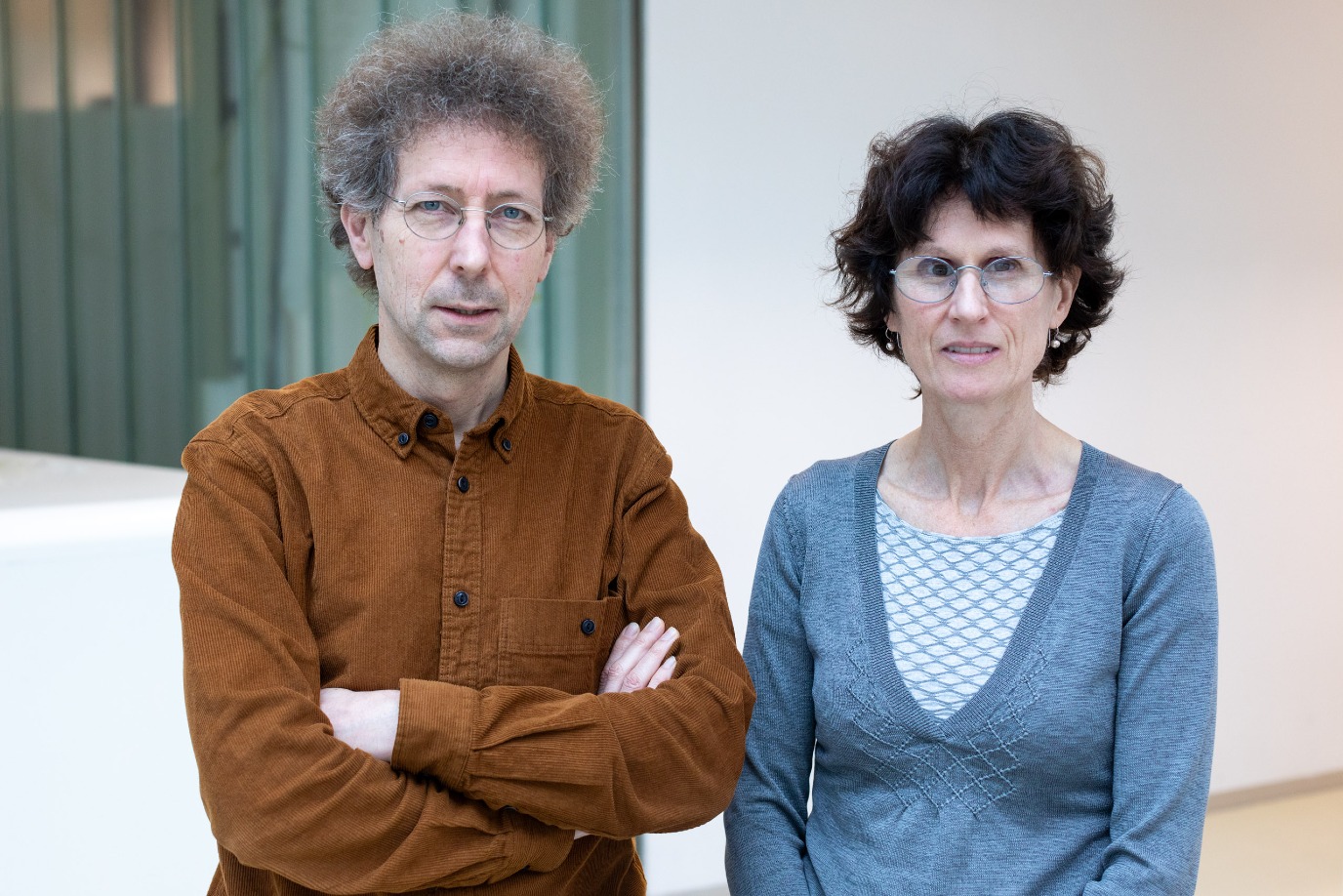Ammodo Science Award voor vaccin tuberculose
Voor hun baanbrekend onderzoek naar tuberculose ontvangen prof. dr. Adri Minnaard van het Stratingh Institute for Chemistry , prof. Branch Moody (Harvard University) en dr. Ildiko van Rhijn (Universiteit Utrecht) de Ammodo Science Award for groundbreaking research . Hun multidisciplinaire ‘Lipidomics Team’ gaat de prijs van 1,6 miljoen euro gebruiken voor het verder ontwikkelen van tests en vaccins tegen tuberculose.
De Ammodo Science Award wordt toegekend aan in potentie baanbrekend internationaal erkend onderzoek dat in teamverband wordt uitgevoerd. De uitreiking van de prijs vindt dit voorjaar plaats in de Rijksakademie van beeldende kunsten in Amsterdam.

Minnaard: “Het winnen van de prijs betekent dat we door kunnen en een aantal gewaagde hypotheses kunnen onderzoeken zonder die vooraf aannemelijk te maken.”
Cruciale rol lipiden
Het Lipidomics team doet al ruim vijftien jaar onderzoek naar tuberculose, dat met jaarlijks meer dan anderhalf miljoen sterfgevallen de dodelijkste bacteriële infectieziekte wereldwijd is. Met hun onderzoek heeft het team inzichtelijk gemaakt dat tuberculosebacteriën overleven in het menselijk lichaam door unieke lipiden te produceren. Hierdoor kan de bacterie lange tijd in het lichaam sluimeren tot het moment dat het immuunsysteem verzwakt raakt en de drager ziek wordt. Door de onderzoeksresultaten begrijpt de wetenschap de besmettelijkheid van tuberculose nu beter.
Missie: goede test en vaccin
De missie van het Lipidomics Team is om met een goede diagnostische test en een effectief vaccin te komen voor tuberculose. Beide zijn inmiddels in ontwikkeling, al zal het nog een aantal jaren duren voordat ze op de markt komen. Minnaard benadrukt dat het winnen van de prijs belangrijk is voor het onderzoek: “Het betekent dat we door kunnen en een aantal gewaagde hypotheses kunnen onderzoeken zonder die vooraf aannemelijk te maken.”
Strijd tegen andere bacteriële ziekteverwekkers
Naar verwachting kunnen de inzichten die het team opdoet ook helpen om andere belangrijke bacteriële ziekteverwekkers in kaart te brengen. Een volgende stap is dan ook het opzetten van een onderzoeksprogramma naar nieuw te ontdekken lipiden in de bacteriën die buiktyfus, bloedvergiftiging en huidinfecties veroorzaken.
